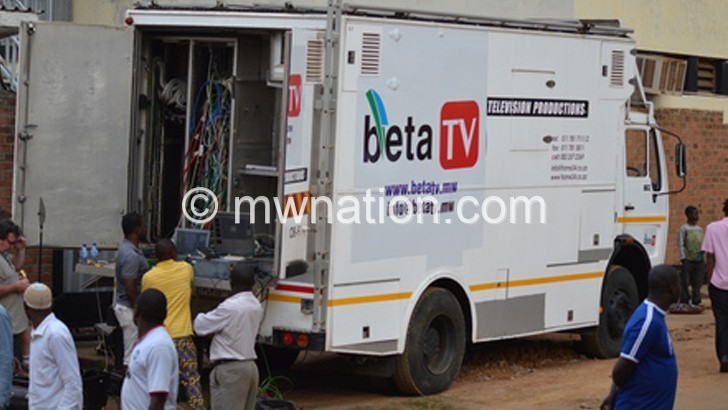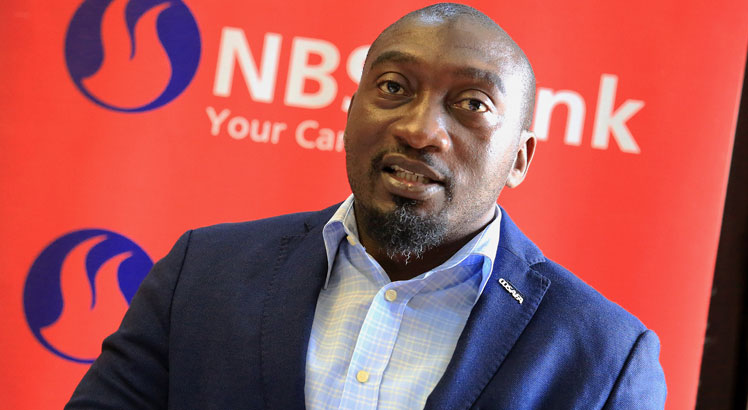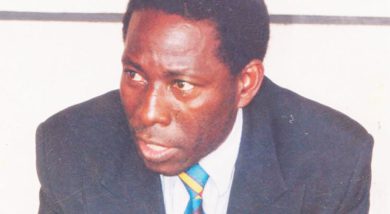Sulom yet to pay clubs on broadcasting rights
Super League of Malawi (Sulom) owes clubs K29 million in broadcasting rights for the 2018 season.
According to our findings, a media house pays Sulom on average between K120 000 to K250 000 per game in broadcasting rights for both television or radio.

The K250 000 is for games involving crowd pullers such as Nyasa Big Bullets, Be Forward Wanderers and Silver Strikers. The minimum is K40 000 for games involving teams such as Mzuni, Karonga, Dwangwa United and TN Stars just to mention a few.
Silver Strikers general secretary Lawrence Yobe said the 16 clubs are owed K1.8 million each (K29 million) from last season’s games.
“Despite Sulom notifying us that they owe us K1.8 million in broadcasting rights for last season we are yet to receive a penny. We feel aggrieved that despite that other teams get all get the same amount. This is unfair because other clubs, due to popularity, pull in a lot of money,” he said.more coverage than others we
In 2016, Sulom signed a K266 million exclusive television rights deal with Beta TV to beam live Super League games.
But Beta pulled out because of financial problems before paying the clubs.
After Beta’s withdrawal, Sulom partnered local media houses .
Be Forward Wanderers general secretary Mike Butao accused Sulom of denying clubs money through television broadcasting rights in the 2018 season because a few games were beamed live.
“Generally there was better organisation this season and more coordination between Sulom and the Football Association of Malawi (FAM) and Sulom need to sort out the broadcasting rights issue before the season kicks off. And they need to pay clubs their broadcasting rights dues for 2018 before the next season starts,” he said.
Football analyst George Kauza Masina, who once served as acting FAM general secretary also faulted Sulom for not being innovative when handling broadcasting rights deals.
“Sulom should be in the forefront in soliciting broadcasting sponsors of this beautiful game. Lack of broadcasting rights for most of the Super League games meant loss of revenue for both Sulom and clubs,” he said.
Sulom acknowledged the problem, saying partners in the game are not forthcoming in honouring the debt.
Sulom general secretary Williams Banda could neither deny nor confirm the K1.8 million the Super League governing body is allegedly owing the 16 clubs.
“I cannot say the exact now as those things usually go through accounts and auditor’s. Media house and Sulom needs reconciliation. We urge our partners in broadcasting to honour what is due to Sulom for Sulom to act accordingly to teams,” he said.
He said Sulom are engaging media houses to recover the debt.
“Since they are partners, we just need to resolve the issue amicably through. contact and dialogue. But we will be using debt collectors for those that cannot afford contact and dialogue,” Banda said
In a related development, Butao and Masina have rated Sulom poor when it comes to handling of fixtures.
“There were still times when there was fixture congestion and a club would end up spending a whole week on the road. That’s quite expensive and needs to be looked at critically. Sulom also needs to start looking at partners now so that everything is in place when the league kicks off rather than introducing awards such as man of the match when the season is already in session,” said Butao.
Kauza Masina also said lack of a proper calendar, which led to postponement of games, took a toll on clubs.
“Other clubs playing more games than others on Saturday and Sunday which resulted in burn out of players. Let there be no big differences on the games played by clubs as this might lead to match-fixing in the long run,” observed Masina.
He has since advised Sulom that fixtures should be planned together with FAM for proper coordination as they always need each other.
But Banda said it is not Sulom fault.
“Games disparity emanates from calendar congestion due national teams engagements, cup and exemptions on teams that contributes more than three players to national team and also shortage of infrastructure,” said Banda.





